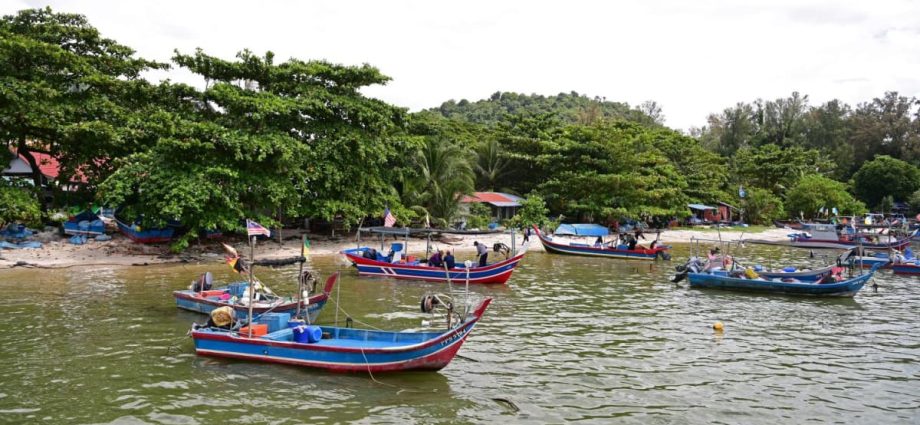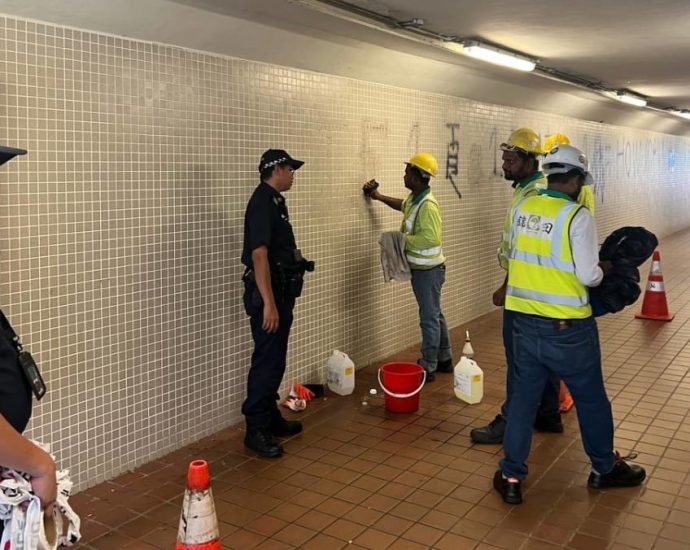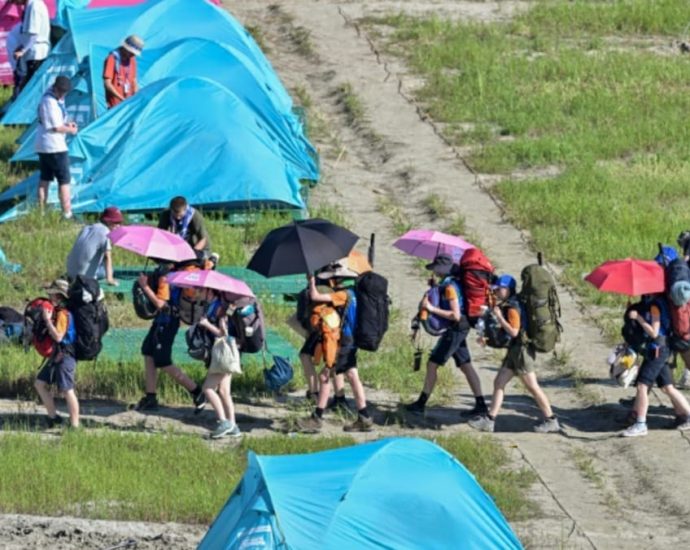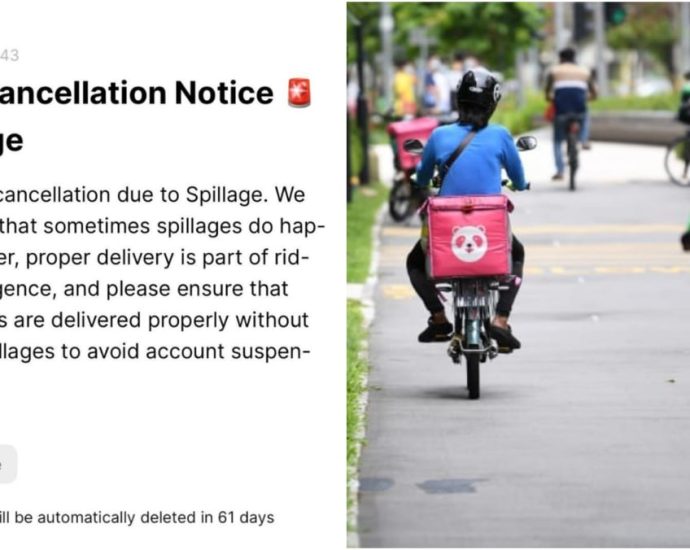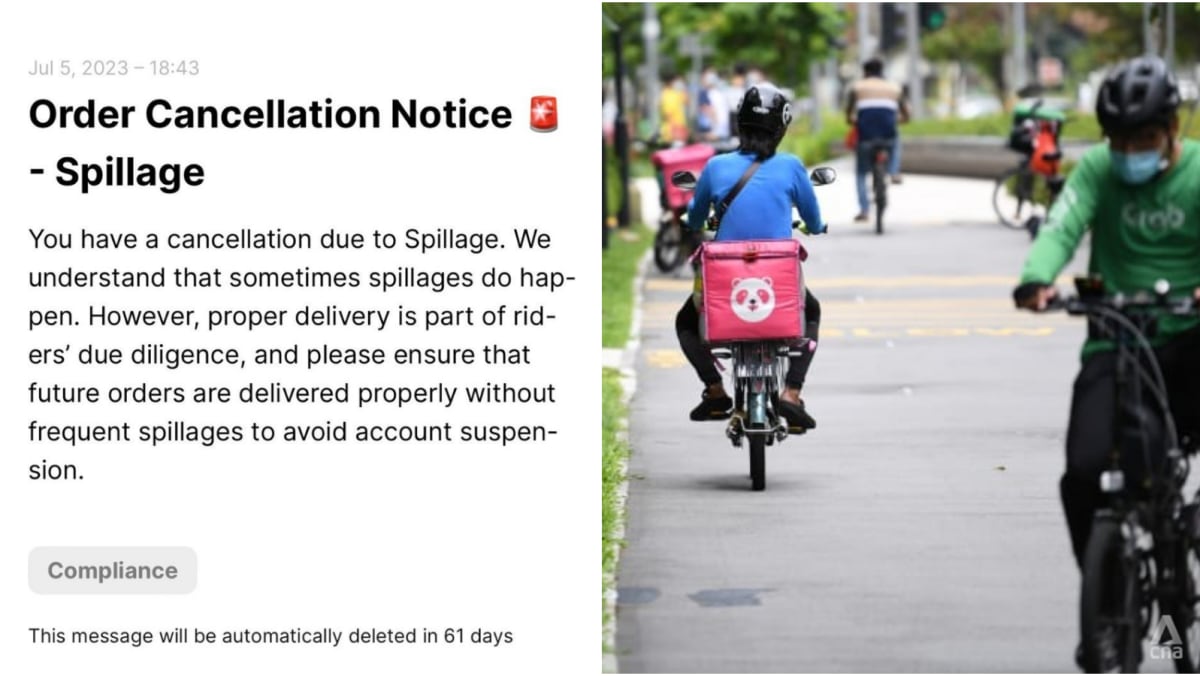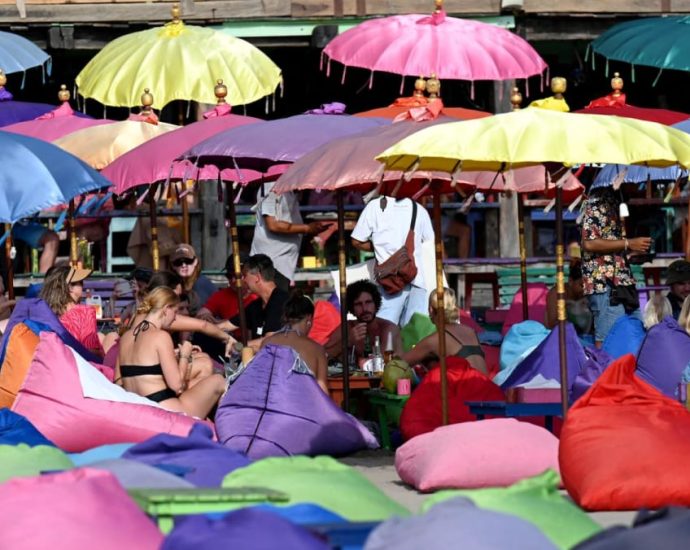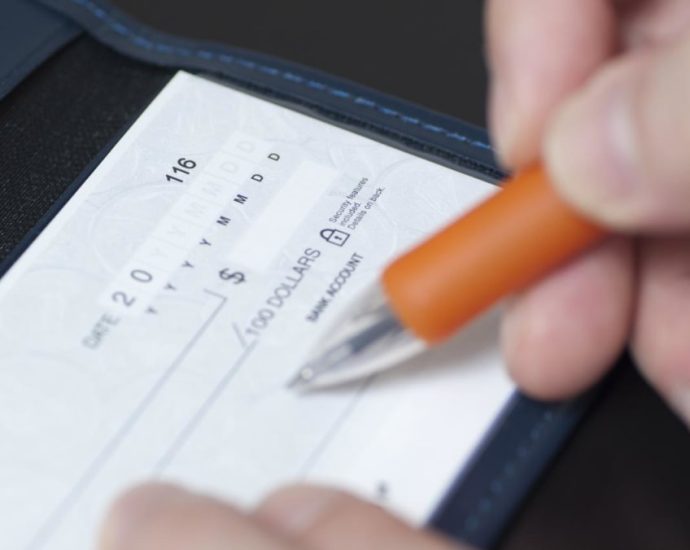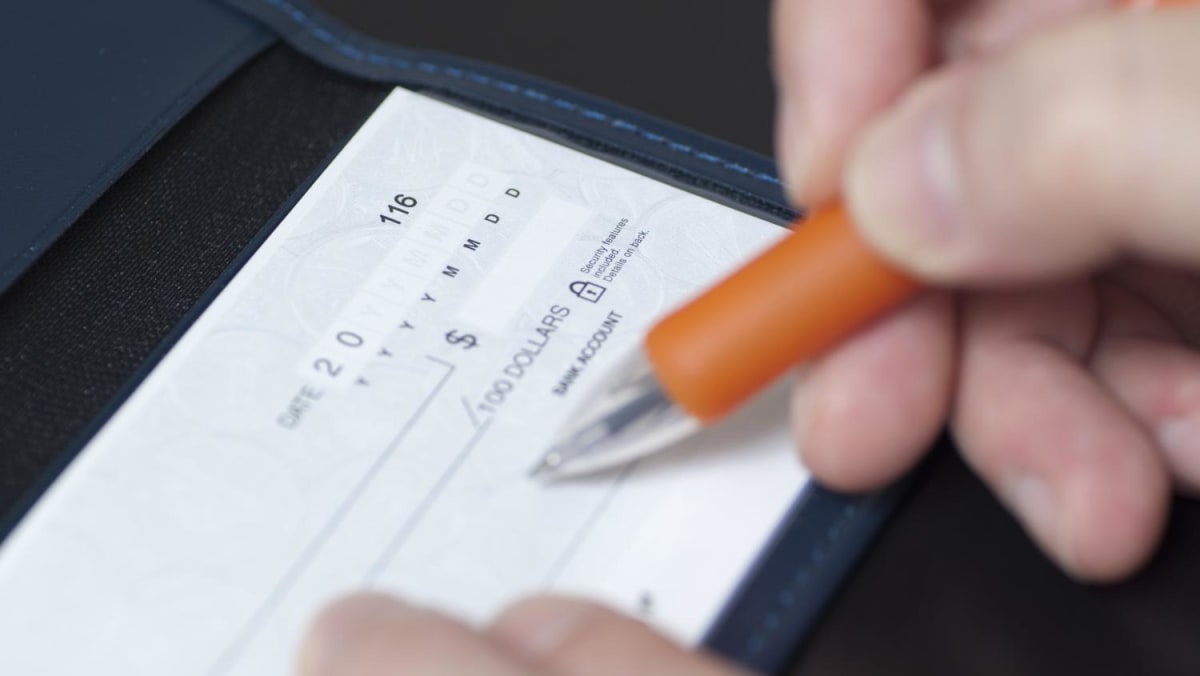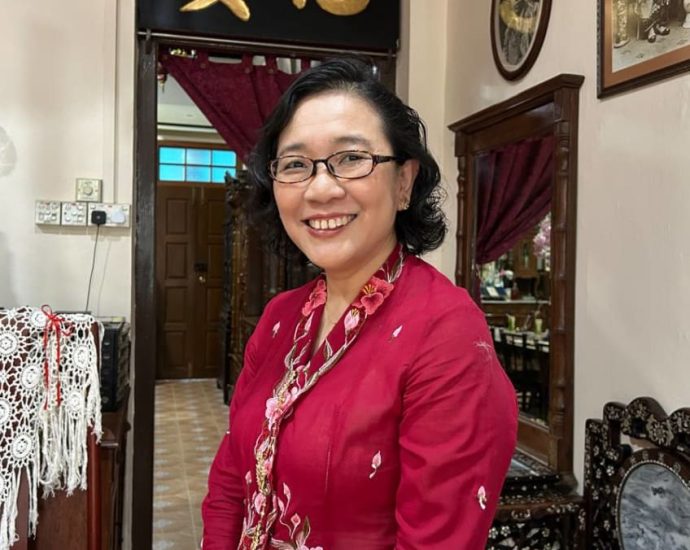Penang fishermenâs livelihoods, identity politics among concerns as state election looms
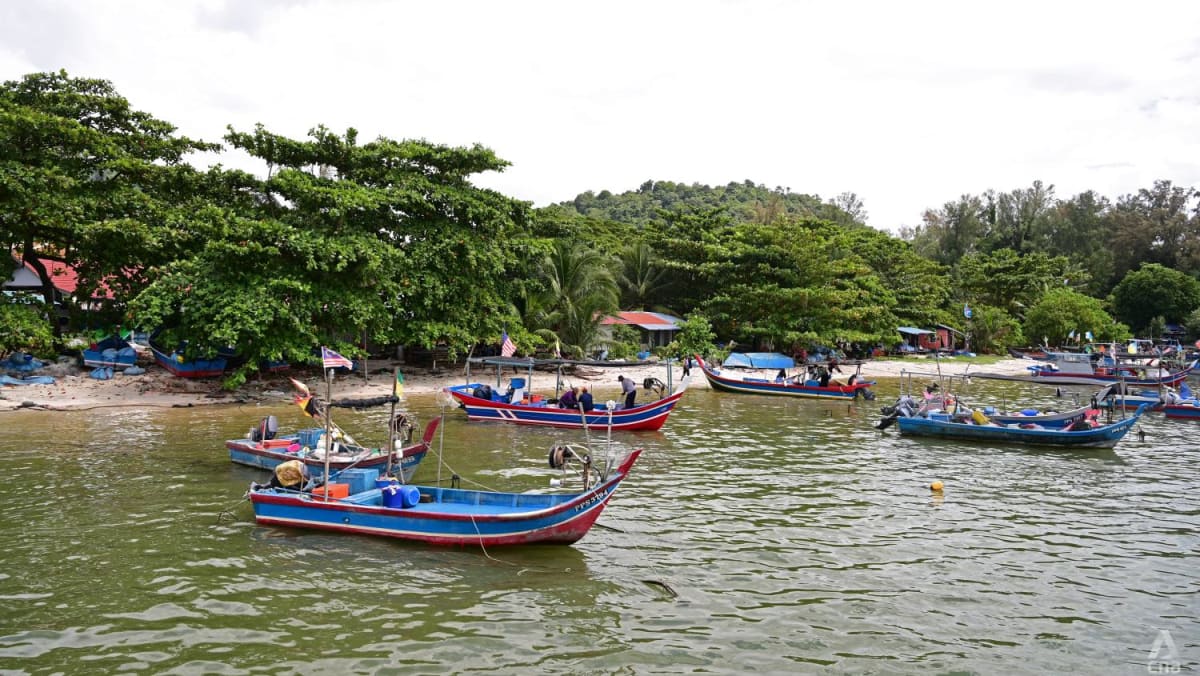
PROJECT SCALED DOWN
However, the state government has scaled down the project from an initial three islands to just one.
In May, Penang caretaker chief minister Chow Kon Yeow said the state government has taken the approach to reduce the size of the project from 4,500 acres to 2,300 acres.
This comes amid fishermen’s fears that the project will destroy the rich marine biodiversity and affect the livelihoods of communities that rely on the waters. About 6,000 fishermen raised objections recently, while politicians are busy campaigning.
With the scaled down project, the number of fishermen affected is said to be around 100, as opposed to 500 previously.
However, Mr Zakaria Ismail from the Penang Fishermen Association, is taking the number with a pinch of salt.
“Actually, the figure of 140 who are affected is only on paper. Whoever made that statement can come here and fish with the fishermen. In reality, all of the people of Penang are affected. Imagine, this is the only area we can fish in all of Penang state,” the deputy chairman of the association told CNA.

